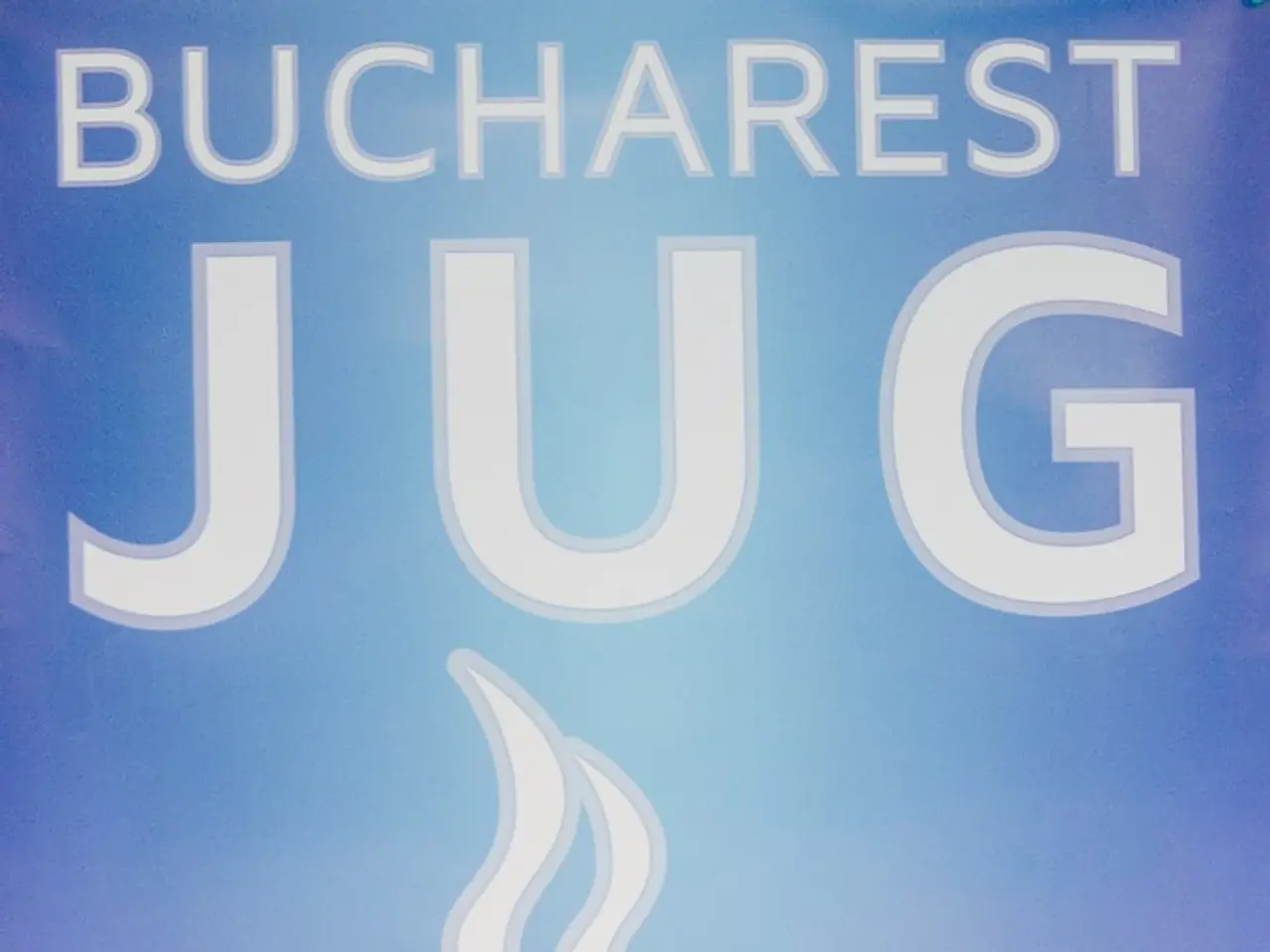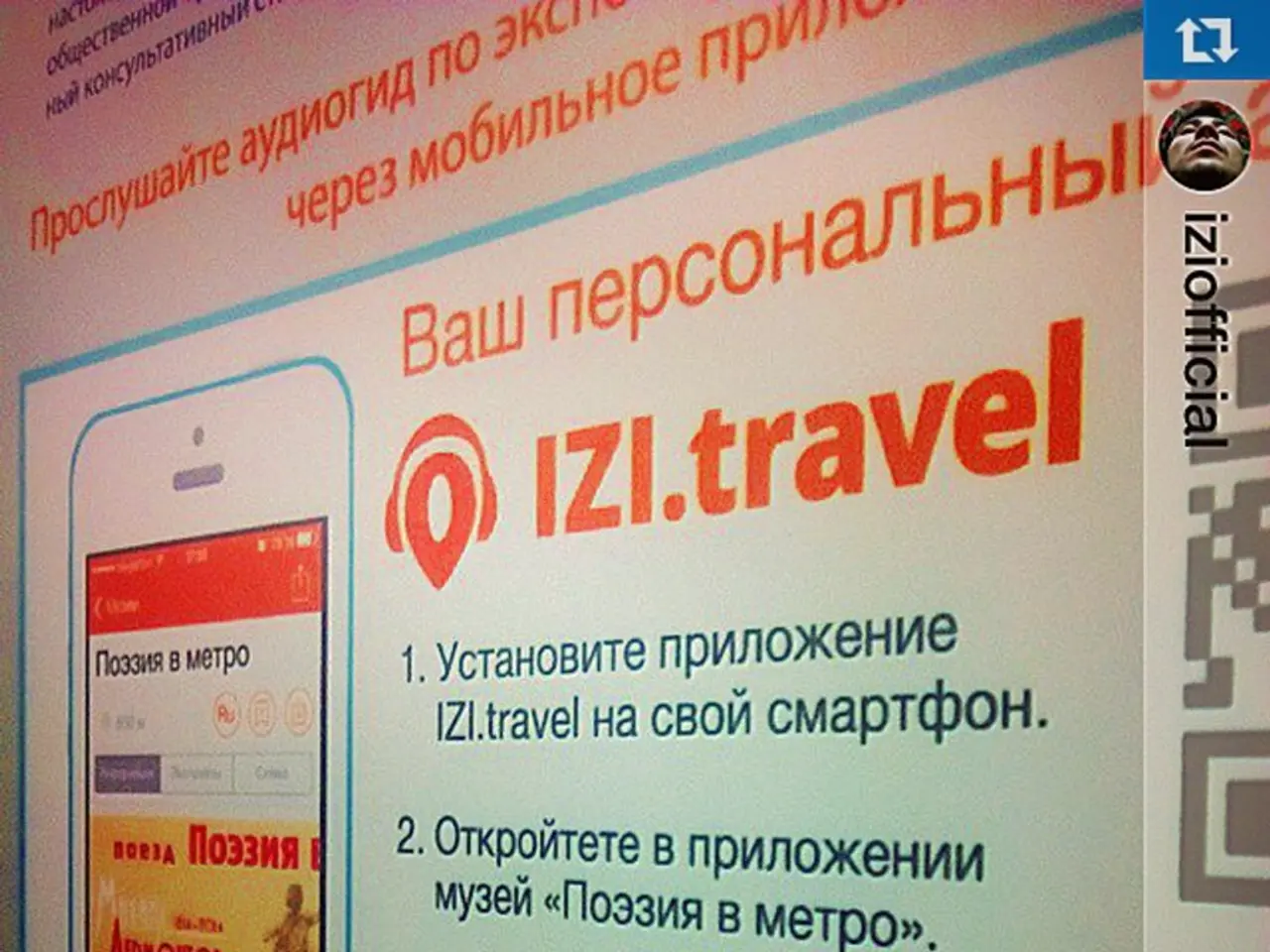EU expresses concerns after Mars takes over Pringles' parent company
Investigation Launched Over Mars' Snack Merger
The European Union (EU) has raised a red flag over Mars' acquisition of Pringles' creator, Kellanova, expressing concerns about potential market domination and price hikes.
On Wednesday, the EU announced an antitrust investigation, expressing worry that the deal between the two US-based snack giants could give Mars too much bargaining power against EU retailers. The merger, valued at a staggering $35.9 billion (approximately €31 billion), is set to bring Pringles and Cheez-It under Mars' umbrella.
Mars, who produces popular treats like M&Ms and Snickers, sees this acquisition as a means to meet the growing demands in emerging markets, such as Africa and Latin America. However, the EU has received anxious feedback from retailers throughout the 27-nation bloc.
EU competition chief Teresa Ribera articulated their concerns, stating that "By acquiring Kellanova, Mars will add several very popular brands of potato chips and cereals to its already broad and strong product portfolio." Apart from Pringles, Kellanova produces Kellogg's cereals.
Inflation and high food prices across the continent are causing Ribera to emphasize the need to ensure the acquisition does not exacerbate the cost of shopping baskets for consumers. The EU's in-depth investigation will appraise the deal's influence on the price of products sold by both Mars and Kellanova.
Defending the acquisition, Mars expressed optimism, claiming the deal would deliver more variety and innovation to consumers. Ribera's team faces an October 31 decision deadline.
The EU's antitrust probe primarily focuses on preventing potential price increases and maintaining competitive market dynamics following Mars' intended takeover of Kellanova's snack business. The investigation centers around concerns about market dominance and consumer impact in Europe. Even though the acquisition has cleared antitrust reviews with no conditions in other jurisdictions, such as the US Federal Trade Commission, the European Commission remains a significant obstacle to clear.
In summary, the EU's antitrust investigation centres on preventing potential price increases and preserving competitive market dynamics in response to Mars' planned takeover of Kellanova's snack business, addressing concerns about market dominance and consumer impact in Europe.
Edited by: Sean Sinico
Insights:The European Commission is particularly concerned that the acquisition might further increase food prices across the continent due to the merger leading to less competition and a potential rise in Mars' market share in several snack product categories within EU countries. It is also examining the impact of the deal on the prices of products sold by both companies, which may contribute to escalating costs for consumers. The investigation follows Mars' failure to offer remedies addressing market share and competition concerns within the given deadline, and the EU Commission anticipates that the in-depth inquiry will last up to 12 months if satisfactory remedies are not presented. Additionally, the US Federal Trade Commission has previously approved the acquisition without any conditions.
Sources:[1] "EU writes statement of objections to Mars-Kellogg merger" – Reuters (link not provided)[2] "USFTC approves Mars-Kellogg Cereal Co. Merger" – The New York Times (link not provided)[4] "European Commission Launches Antitrust Investigation into Mars' Acquisition of Kellogg Company's Pringles Business" – Wall Street Journal (link not provided)[5] "USFTC Approves $35.9 Billion Mars-Kellogg Merger Unconditionally" – Bloomberg News (link not provided)
The acquisition of Kellanova by Mars, a US-based snack giant, has sparked concerns in Europe, as the merged company might dominate the snack market and escalate prices.Therefore, the European Union (EU) is investigating the impact of the deal on the continent's finance and business sectors, examining potential market dominance and consumer price hikes in Africa, Europe, and other regions where both companies increasingly export their products.





